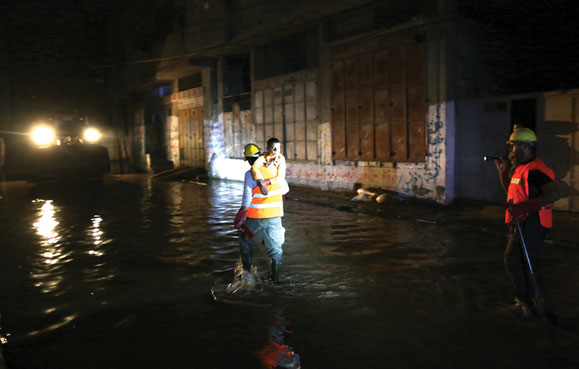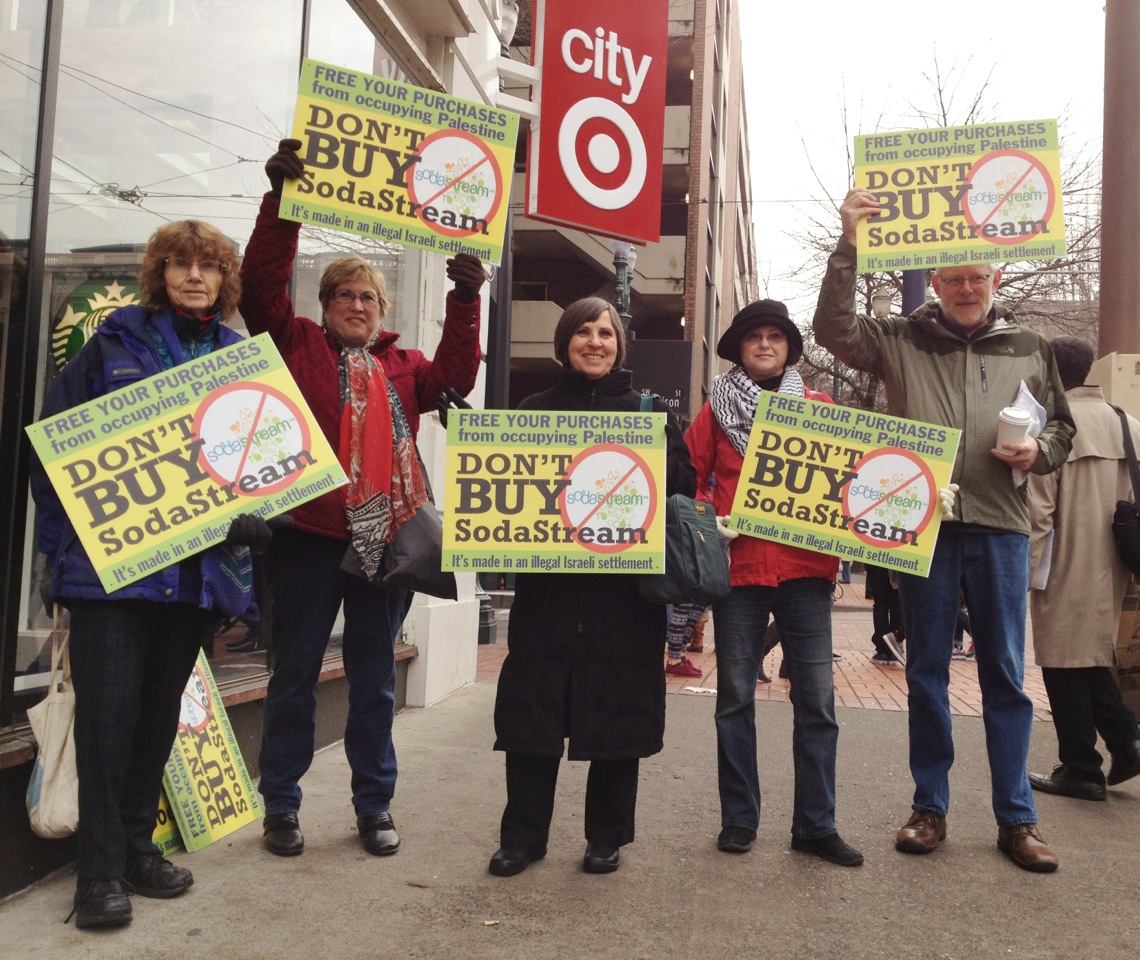State of Emergency in Gaza
- Details
- Written by Mohammed Omer and the Washington Report Mohammed Omer and the Washington Report
- Published: 17 December 2013 17 December 2013
We decided to make this urgent report from Mohammed Omer into an action alert—Gazans need our help now!
Contact Secretary of State John Kerry:
Write: U.S. Department of State
2201 C ST., NW
Washington, DC 20520
Call: 202-647-4000; select option 4 and ask operator for the comment line.
202-647-6575 (Public Communication Division); select option 8 to leave your comment. It is cold, there is no power, and I am charging my computer using a car battery in order to get this message out. It is so cold in Gaza that everyone has cold feet and a cold nose. A new storm is hitting this besieged enclave. There is no electricity, and shortages of water, fuel, and vital services mean people just sit and wait for the unknown.
It is cold, there is no power, and I am charging my computer using a car battery in order to get this message out. It is so cold in Gaza that everyone has cold feet and a cold nose. A new storm is hitting this besieged enclave. There is no electricity, and shortages of water, fuel, and vital services mean people just sit and wait for the unknown.
Tens of houses east of Gaza City, in the northern Gaza Strip, in Khan Younes and Rafah are flooded with rain today. The sewage system cannot function and Gaza municipalities announced a state of emergency. Schools and most shops are shut, there is no traffic and few people are walking in the street.
Gaza City’s garbage trucks have been at a standstill due to the ongoing fuel shortage. I’d gotten used to the bright orange truck that usually passes by, sounding its horn, a sign for all my neighbors to bring out their garbage for collection.
Now the donkey is our only remaining hope. Since last week—when fuel supplies ran dry—the only sound one hears now is the click-click of their hooves as they pull their carts along the road at 4 a.m. By noon, they have collected all they can on their busy route. In Gaza’s Barcelona neighborhood, garbage containers are overflowing—a normal occurrence since fuel ran out.

